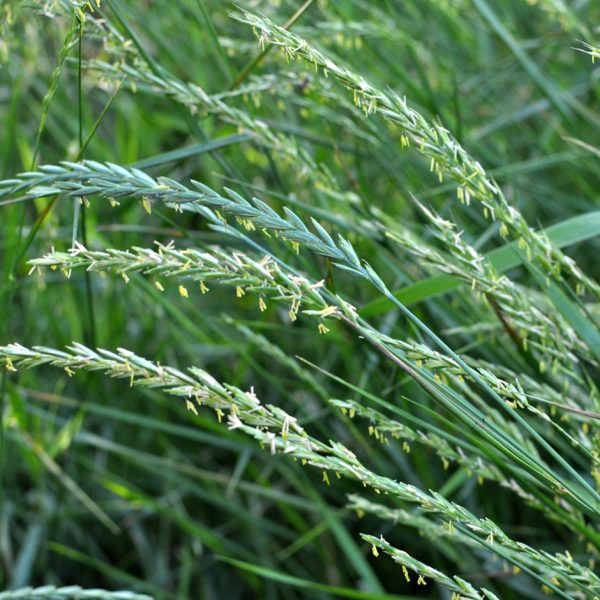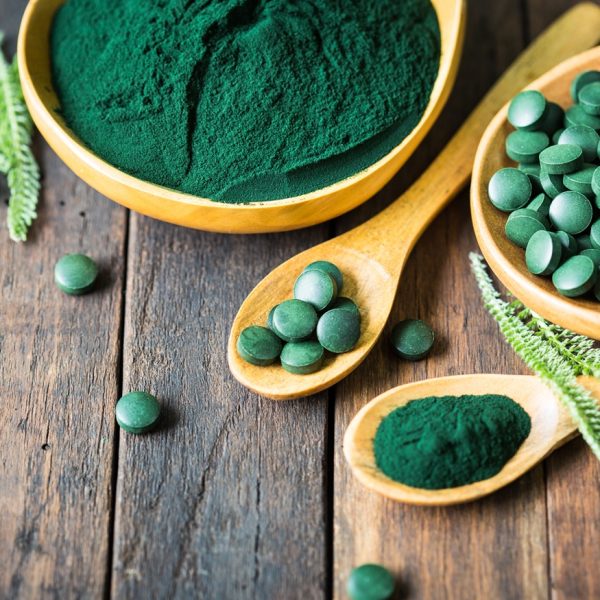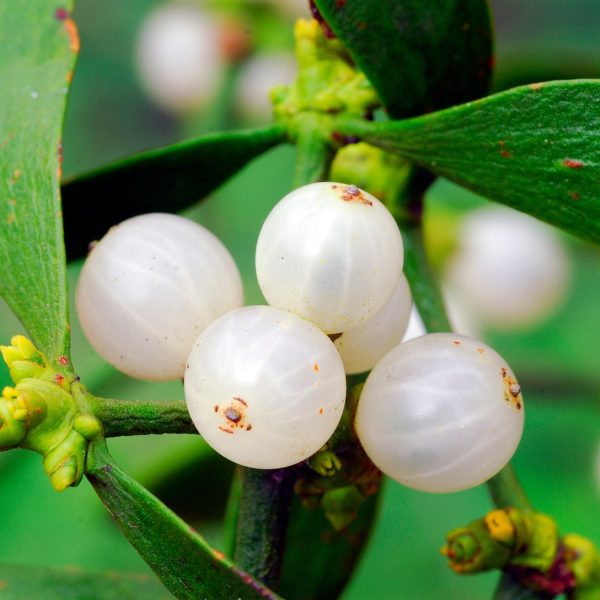
In this article, we discuss the study “The effects of time-released garlic powder tablets on multifunctional cardiovascular risk in patients with coronary artery disease”
Plant name and species
Garlic (Allium sativum)
Aim of study
The aim of this research was to see the effects that dried garlic had on patients with coronary heart disease (CHD) on predictive risk values for heart attacks, with respect to CHD prevention.
Study method
Patients with documented coronary heart disease between 40–65 years who had a serum cholesterol level above 200 mg/dl upon primary examination were included in the study.
They were split into two groups, one received the dried garlic extract and the other placebo.
Clinical and biochemical examination was performed at the beginning and the end of the study. This included measuring total cholesterol, triglycerides and high density lipoprotein (HDL) cholesterol and low density lipoprotein (LDL) cholesterol.
The ten-year prognostic risk for heart attack was calculated using the Cox proportional hazards model derived from the “Prospective Cardiovascular Münster (PROCAM) study. The following variables contributed to this calculation; gender, smoking status, age, systolic blood pressure, total cholesterol, triglycerides, diabetes mellitus, and family history.
The differences between the groups were then compared.
Herbal preparation
Dried garlic capsules in an enteric coating for slow release.
Sample size
A total of 26 patients were in the group receiving garlic (14 men and 12 women), and the placebo group had 20 people (14 men and 11 women).
Results of study
In the group who received the garlic extract total cholesterol reduced by 12.4%, and LDL cholesterol decreased by 16.3% from the baseline. Changes in lipid levels were more prominent in men than in women.
Overall, the 12-month treatment with garlic was shown to significantly decrease cardiovascular risk by 1.5-fold in men and 1.3-fold in women. The main effect that contributed to this was the reduction of the LDL cholesterol.
Discussion
Men differed from women significantly with respect to a baseline prognostic risk level, which is perhaps why their results differed statistically.
Epidemiological studies show that risks of heart attacks are affected by diabetes mellitus, dyslipidemia, high blood pressure, smoking, abdominal obesity, gender, age and family and medical history. Treatment is often based around correcting lipid metabolism (for example balancing cholesterol), managing blood pressure and smoking cessation.
As well as supporting healthy cholesterol, garlic preparations have been shown to influence how blood clots, as well as fibrinolytic activity which is the dissolving of blood clots. Both of these factors alter the risk of heart attacks. It contains a multitude of biologically active molecules such as allicin, ajoene, S-allylcysteine, S-methylcysteine, diallyl disulfide and sulfoxides that may contribute to garlic’s anti-atherosclerotic factor.
Conclusion
This study shows that garlic is a safe and effective treatment for supporting cardiovascular health.
































